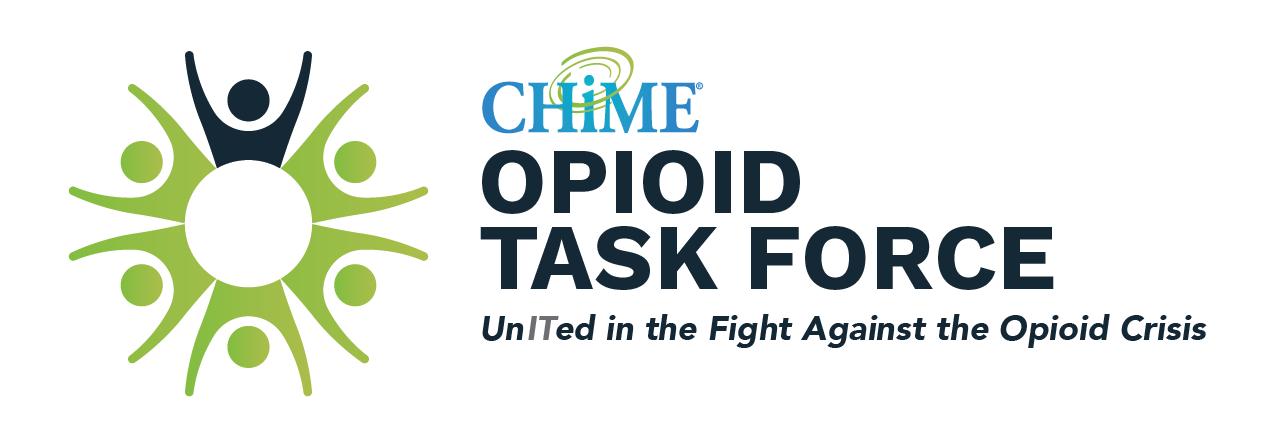Anne Arundel Medical Center in Maryland made physician education a key component in its effort to reduce opioid prescribing. Their strategy included:
- departmental grand rounds
- service meetings with data review
- circulation of medical journal articles with information on overprescribing
Their dashboard displayed individual clinician prescribing compared with peers, which created a foundation for medical directors to have one-on-one discussions with prescribers to reinforce the key points of the education and review individual prescribing data and comparison with peers. The data points initially were blinded, which created a nonthreatening environment in which clinicians could strive to change. At the same time, the benchmarking and tracking data fed into some physicians’ competitive spirit, prompting them to make deliberate changes in their prescribing behavior to improve their ranking.
To address physicians’ concern about patient satisfaction, Anne Arundel Medical Center presented internal and published data showing no diminishment in patient satisfaction with lower opioid prescribing. Physicians who embraced lower prescribing strategies early on shared anecdotes of grateful patients who appreciated discussions about nonopioid alternatives, which eased other clinicians’ concerns.
“Opioid overprescribing is falling in multiple areas of our health system, with no decline in patient satisfaction with pain management, or return visits to the Emergency Department due to under treatment. This success is based on concerted efforts of hundreds of physicians who altered their customary mode of practice over hundreds of thousands of patient visits, surgeries and hospital discharges.”
Barry Meisenberg, MD, lead on Anne Arundel Medical Center’s Opioid Taskforce
Source: Living Healthier Together, a publication of the Anne Arundel Medical Center
Keys to Success
- Begin by making sure all stakeholders are educated about the program and its goals.
- Review data periodically to discuss progress and opportunities for improvement. Hold one-on-one discussions between a medical director and physician to review the physician’s performance compared to peers.
- Using blinded data at first creates a nonthreatening environment.
